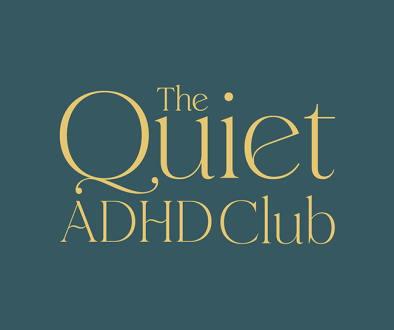Rejection Sensitivity Dysphoria (RSD)discussion with ADHD Aware

Rejection Sensitivity Dysphoria (RSD) discussion with ADHD Aware
This week, I had the privilege of joining a discussion on Rejection Sensitivity Dysphoria (RSD) with an ADHD-aware partner group. It was a powerful conversation that delved into the complexities of this phenomenon and its impact on couples.
One of the most intriguing questions was: where does emotional dysregulation end and RSD begin? Participants bravely shared their experiences of that tipping point, highlighting the visceral pain some experience in the face of perceived rejection, critique, or attack.
RSD, though not a clinically recognised diagnosis, is a term gaining traction to describe this intense emotional pain. Coined about five years ago, it captures the struggle many partners of individuals with ADHD face.
The fallout: escalation or withdrawal
The discussion revealed two main response patterns to RSD triggers: escalation and withdrawal. Escalation can manifest as anger, frustration, or defensiveness. On the other hand, withdrawal might involve shutting down, isolating, or becoming non-communicative.
These responses, sometimes lasting for days or weeks, significantly strain the relationship. The aftermath can be particularly challenging. Partners may enter a period of “walking on eggshells,” anxious about triggering another episode. This fragile peace often leads back to the start once an issue arises, perpetuating the cycle.
Every couple is unique
One of the most striking takeaways was the sheer diversity of experiences shared. Each couple’s dynamic with RSD was unique, influenced by the individual’s ADHD traits and developmental history. This emphasises the importance of tailoring support and strategies to the couple’s specific needs.
The power of pausing
The conversation offered a crucial solution: the pause. This concept, which I frequently discuss with couples, involves taking a step back from the emotional firestorm.
- Stop the fire raging. When RSD is triggered, it’s easy to get swept up in the intensity of the moment. The pause allows for a mental break, preventing further escalation.
- Don’t get in the ring. Engaging in the emotional battle only fuels the fire. The pause allows you to disengage and choose a more constructive approach later.
- Don’t escalate. Matching the emotional intensity only worsens the situation. The pause allows you to stay calm and collected, preventing further hurt.
Moving forward together
By incorporating the pause and focusing on open, honest communication, couples can navigate the challenges of RSD.
RSD can be a formidable obstacle in a relationship. However, by fostering understanding, creating space for healthy communication, and prioritising the pause, couples can build a more resilient and supportive partnership.
I provide a safe space for couples to embrace each other’s differences, improve communication and repair your relationship. Find out more



